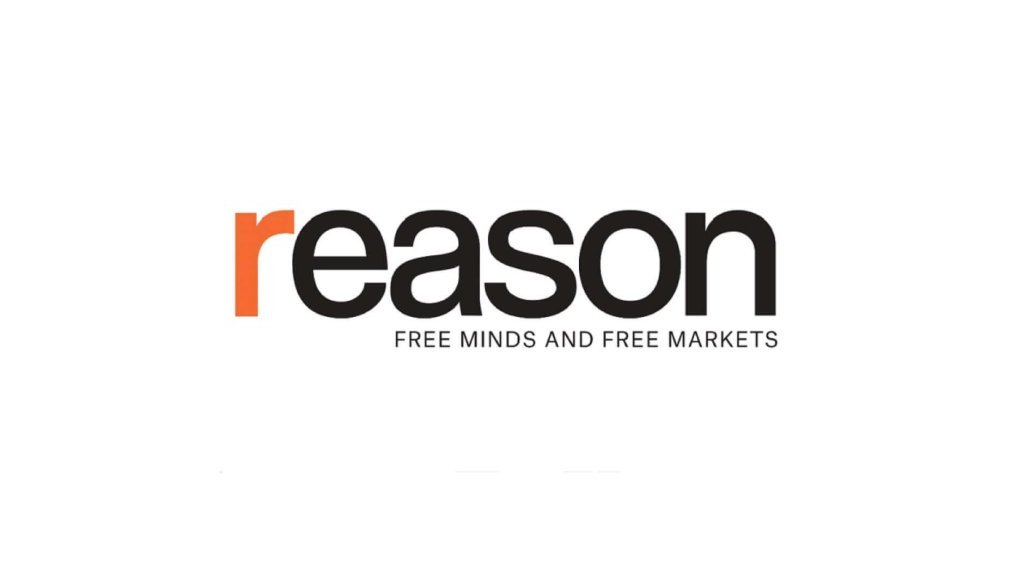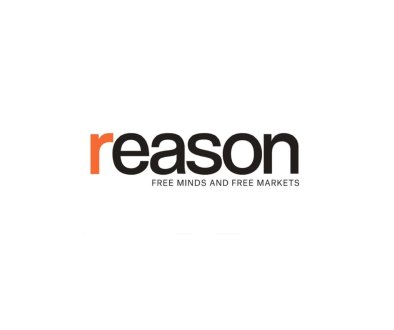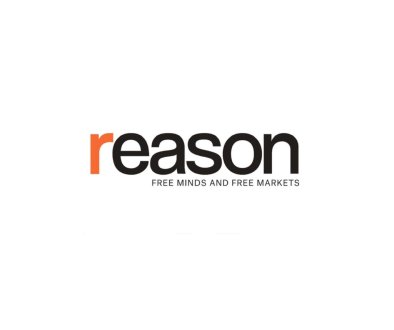Return of the ‘Tariff Man’
Okay, so we’re doing this. President-elect Donald Trump says in no uncertain terms that he’ll seek to raise taxes on imports immediately after taking the oath of office.
“On January 20, as one of my many first executive orders, I will sign all necessary documents to charge Mexico and Canada a 25% tariff on ALL products coming into the United States,” Trump posted Monday night on Truth Social.
In the statement, Trump said the tariffs would be issued in response to “thousands of people…pouring through” the border from America’s two neighbors, and that the tariffs would remain in effect until Mexico and Canada take steps to stop the flow of drugs and migrants. “Until such time as they do, it’s time for them to pay a very big price,” Trump concluded.
In a separate post, Trump pledged 10 percent tariffs on all imports from China—to be added on top of the tariffs he’d already hiked during his first term
One might object to the idea that it makes any sense at all to solve the issue of undocumented border crossings with tariffs (it doesn’t), or address the flow of illegal drugs with taxes on legally imported goods (it really doesn’t). Even so, the most striking thing about Monday’s announcement is that Trump seemingly still does not understand it will be Americans who will foot the bill for any new tariffs.
The threatened tariffs on imports from Canada and Mexico would be a $210 billion tax increase. Imposing them would mean higher prices for many fresh fruits and vegetables currently imported from Mexico, and higher prices for crude oil imported from Canada, among other things.
Good thing Americans aren’t too sensitive about prices at the grocery store or gas pump right now!
What about the USMCA? The new tariffs would probably violate the United States-Mexico-Canada Agreement (USMCA), the trade deal Trump negotiated during his first term. Breaking the agreement would likely set off a continent-wide trade war that jeopardizes $1.5 trillion in annual trade, The Washington Post reports.
“If Trump follows through with imposing immediate and unilateral tariffs, this would mean ‘going nuclear’ on USMCA,” Alberto Villarreal, managing director of Nepanoa, a consulting firm that helps companies manage cross-border trade, told The Wall Street Journal.
Already trying to explain away price hikes. Scott Bessent, Trump’s pick to be Treasury Secretary, is trying to get ahead of the tariff news cycle. In an interview on Saturday, he claimed that new tariffs wouldn’t trigger a return to higher inflation. “Tariffs can’t be inflationary because if the price of one thing goes up—unless you give people more money—then they have less money to spend on the other thing, so there is no inflation,” Bessent told Larry Kudlow.
In the strictest sense of the words, Bessent is right about inflation, which is always a monetary phenomenon. Tariffs operate in the realm of fiscal policy, but the outcome will look pretty similar.
Think about it like this. There are two ways for consumers’ purchasing power to decline. One way is for the dollar to become less valuable, so that you have to spend more dollars to buy the same amount of goods. That’s inflation, and anyone who has been to the grocery store in the past few years is familiar with it.
The second way is for the goods themse
Article from Latest

The Reason Magazine website is a go-to destination for libertarians seeking cogent analysis, investigative reporting, and thought-provoking commentary. Championing the principles of individual freedom, limited government, and free markets, the site offers a diverse range of articles, videos, and podcasts that challenge conventional wisdom and advocate for libertarian solutions. Whether you’re interested in politics, culture, or technology, Reason provides a unique lens that prioritizes liberty and rational discourse. It’s an essential resource for those who value critical thinking and nuanced debate in the pursuit of a freer society.



